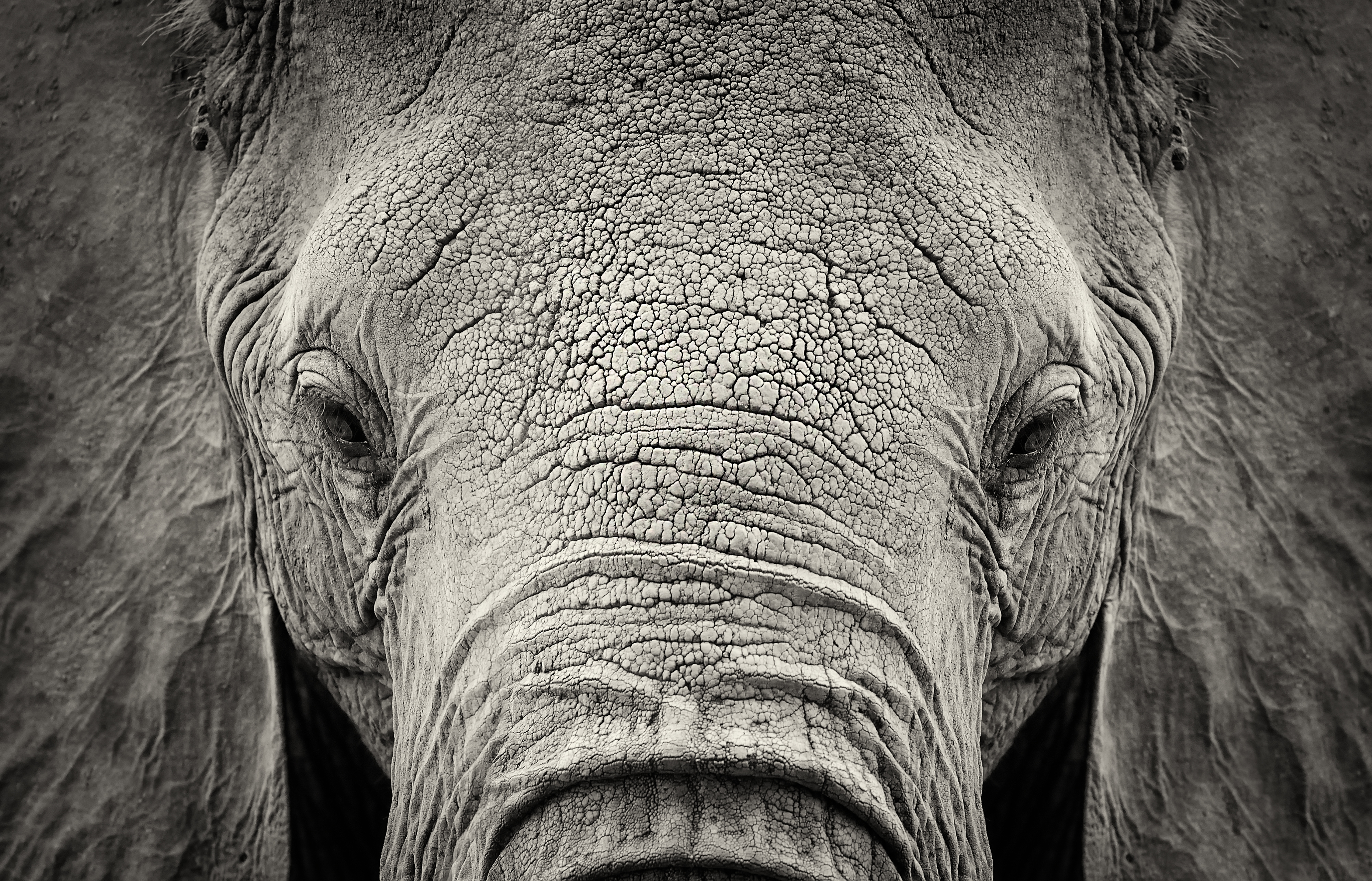African Elephants Are Evolving To Be Tusk-Less To Survive Poachers
Tags: News

By Mandy Froelich / Truth Theory
Within the next decade, the African elephant may go extinct. Mother Nature must be aware of this possibility, for the gargantuan land mammal is evolving to be tusk-less. While this may improve the African elephant’s likelihood of survival, it’s not ideal,” according to experts.
According to The Independent, the problematic hunting of elephants for their ivory-rich tusks has fundamentally alternated the gene pool. As a result, an increasing number of African elephants are being born tusk-less. In some countries, female elephants have a 98 percent chance of being born without tusks. Researchers compared this to the average two and six percent being born tusk-less in the past.
In the past decade, nearly one-third of Africa’s elephants have been illegally slaughtered by poachers. Most of the ivory is shipped to Asia, where there is a booming trade for the material — particularly in China.
Due to the high rates of poaching, the African elephant is at risk of extinction in some areas. Between 2007 and 2014, 144,000 elephants were killed. It is likely that the populations of African elephant that do survive will be tusk-less, similar to their Asian cousins.
Joyce Poole, the head of the charity Elephant Voices, has been tracking the development of the large mammals for more than 30 years. In an interview with The Times, she said she has noticed a direct correlation between the frequency of poaching and the percentage of African elephants born without tusks.
For instance, 90 percent of elephants were slaughtered in Gorongosa National Park in Mozambique between 1977 and 1992. Because poachers primarily targeted tusked animals, nearly half of all females over 35 years of age have no tusks. Now, poaching is under control. But, a larger (30 percent) percent of the population remains tusk-less. “Females who are tuskless are more likely to produce tuskless offspring,” said Poole.
Over 5000 people have downloaded our free ebook “Growth Hacking Tips And Rituals For Optimal Living” CLICK HERE to get your free copy now
Not having tusks may protect elephants from poaching, but it isn’t ideal. As the BBC reports, tusks are used to dig for food and water, to uproot trees and branches, to move items around, for self-defense, and for sexual displays, Without these appendages, an elephant is more vulnerable in the wild. “Conservationists say an elephant without tusks is a crippled elephant,” reports the BBC.
What are your thoughts? Please comment below and share this news!
IMAGE CREDIT: Chris Fourie
Leave Comment: